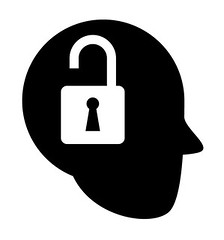I have found many good stories via Digg since the site has been around. Now, I understand that the Internet is not the most wholesome of places, but I am increasingly repulsed by the bad-taste of Digg commenters. It seems to be getting worse and worse.
For example, one of today’s top stories included “Todder Dies In Hide-And-Seek Game“. Popular comments include:
– “He won, right?”
– “He was so dedicated that he did not even fear death, so long as it secured his victory. Legendary.”
– “wow…adds a completely new dimension to the game”
– “owned”
One Digger finally had something useful to say:
so i’m feeling that deep & instant empathy i always feel for other parents who’ve lost a baby — but that’s not the worst thing. that first comment, and the +83 diggs it’s gotten? that’s … hideous.
in spite of the revulsion i feel at the individuals who contributed to that number, i sincerely hope that they never have to experience the loss of a little one — no matter how badly they need some perspective on the subject.
here’s hoping they find that perspective some other way. meanwhile, i seriously need to turn off my digg feed and go take a shower. ick. just ick.
I’ve killed my Digg feed permanently. I do enjoy many of the stories that come through, but we really need an eduDigg of sorts, something with similar contributory mechanisms, but utilized by those with souls.



